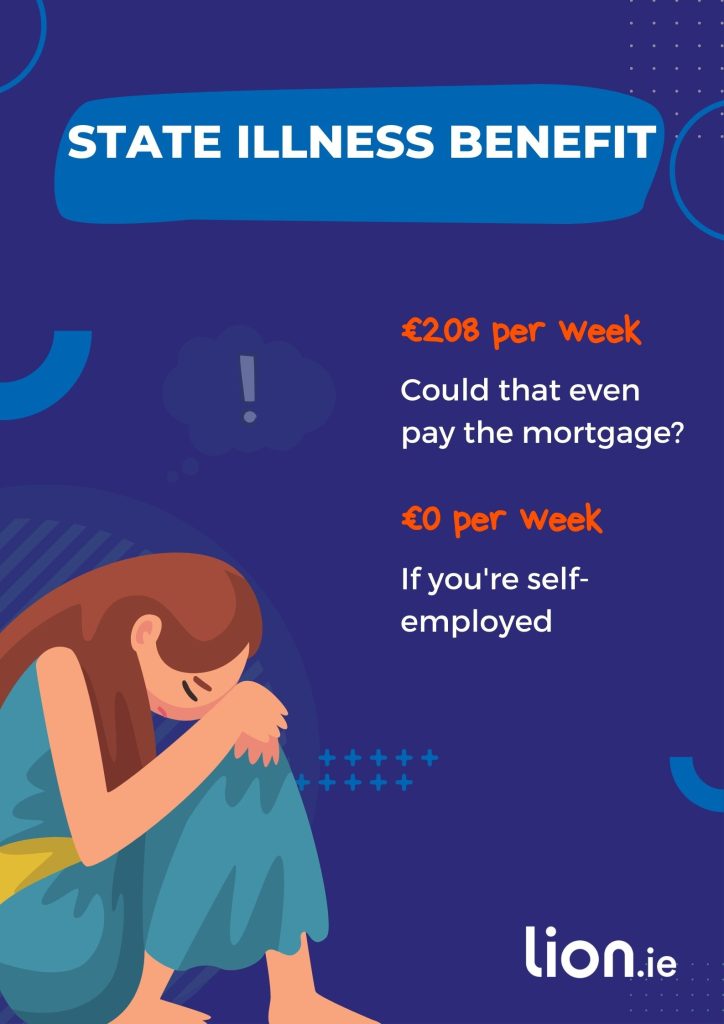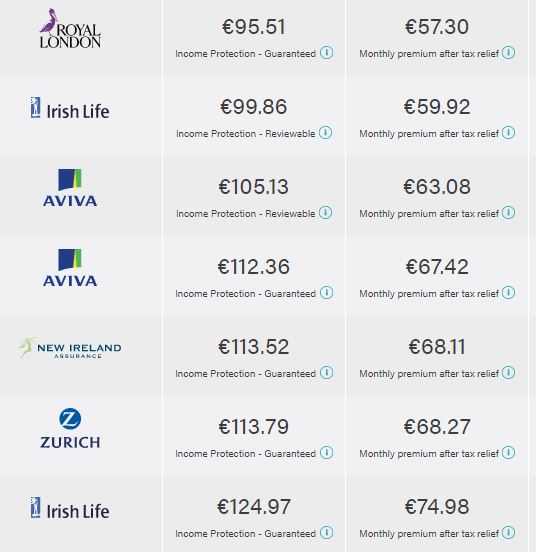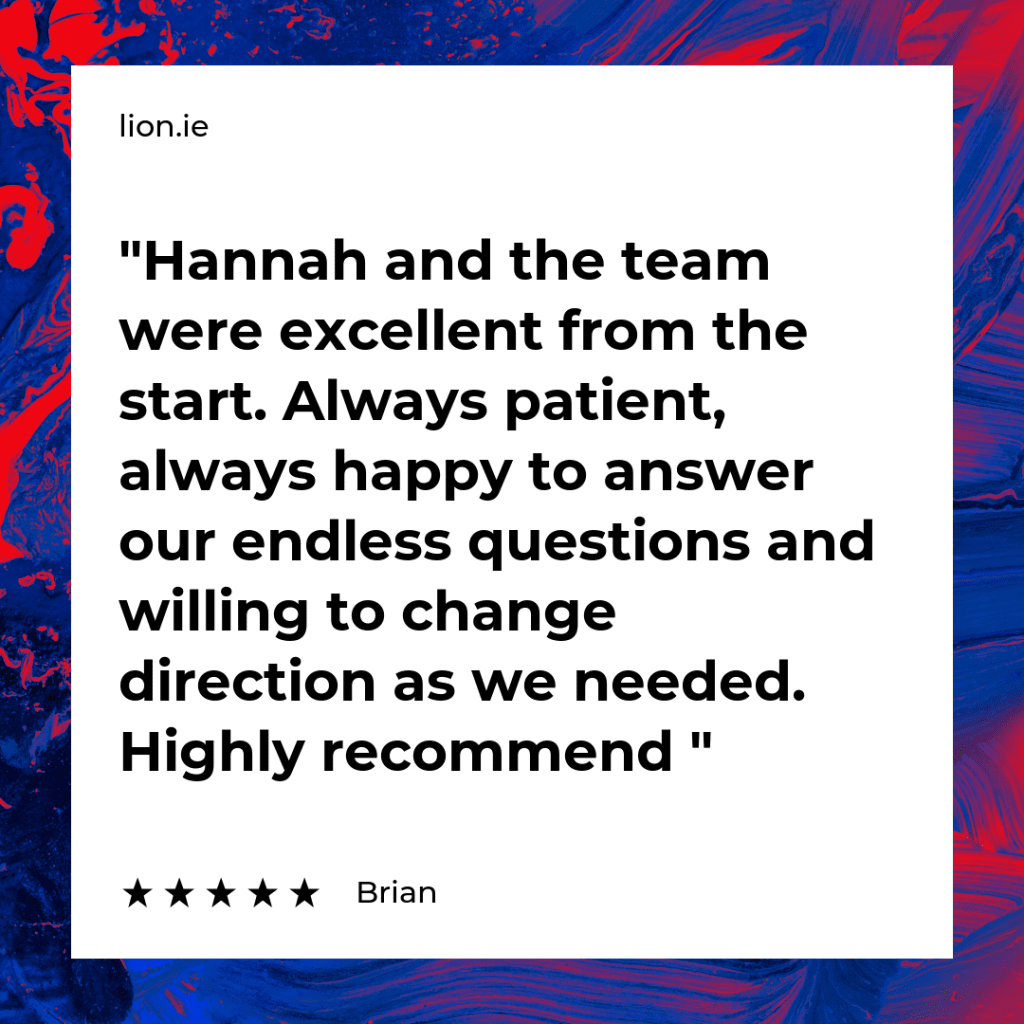Income Protection for Pharmacists

Sick days are inevitable, the flu, a pulled muscle, a heavy night – don’t look at me like that!
But did you know that legally, you are entitled to exactly ZERO sick days?
Shocking isn’t it?
And if you work as a chemist or can call yourself a pharmacist, you’re in the same boat as everyone else.
Thankfully, most employers are decent skins and will cover your sick pay for a wee while.
But what happens if you go over your allotted number of paid sick days?
How the hell are you supposed to pay the bills then?
Say you’re rear-ended or God forbid, get cancer and can’t work because of how ill the treatment makes you.
How long will your savings last if you’re shelling out the guts of €2k per month on the mortgage?
Not long is the answer
What Happens If You Can’t Work?
In short, you’re screwed.
It’s a horrible thought but we need money to survive.
Without it, crikey, your future is bleak.
Once you have used up your sick days, you could be looking at scraping together a few quid to pay for the groceries – a situation far removed from where you are now.
An unexpected illness could put the kibosh on all those years of study and hard graft to get where you are today.
So how do you stop this from happening?
It’s simple – prepare.
Put an income protection plan in place in advance.
Why Do Pharmacists Need Income Protection?
The majority of pharmacists practice as sole proprietors for themselves or as directors of limited companies.
This typically means that should they get sick or hurt, they won’t get any kind of sick pay.
Stress, depression, and anxiety are among the most common ailments that pharmacists face; they account for 70% of all income protection claims, along with cancer and musculoskeletal diseases.
Pharmacists without income protection may have to deal with the possibility of continuing to work while recovering from an illness or injury, or in more serious circumstances, they may have to stop working without getting paid.
Having income protection should be a top priority if you’re self-employed because you’ll get nothing from the state if you can’t work.

Life is expensive.
OK, that’s a bit of an understatement considering the current state of things.
Rent, mortgages, food bills, electricity, and heat.
You name it, you need money for it.
The more you earn, the bigger the risk if you can’t work.
Imagine you wake up one day and working is a no-go.
You’ll get €200 a week from the state (for two years).
TWO HUNDRED EUROS.
Would that cover the mortgage and let you survive?
By the way, life shouldn’t just be about surviving, even if you’re unable to work, you still want to enjoy life as much as possible, right?
And yes, I am saying you need money to enjoy yourself.
Long walks in the woods are ace, long walks in the wood foraging for wild garlic and elderflower because you have no money to buy food, are not.
Income protection is the golden ticket that lets you continue to buy Wonka bars instead of surviving on nettle soup and dandelion tea.
It lets you maintain your current lifestyle and, more importantly, your financial independence.
You won’t become a financial burden.
Which, let’s be honest, could be worse than the actual illness.
What Does Salary Protection Actually Do?
Salary protection gives you money when you can’t work due to an illness or injury.
Imagine this, you get into a bit of a fender bender and are left with some pretty nasty whiplash and maybe even a broken collar bone that means you can’t stand or sit for any length of time.
Sure, doesn’t matter how many meds you hand over the counter to customers, it’s not going to help you heal or stop you from being in agonising pain.
You’re going to have to take time off.
Your employer might be able to cover a couple of weeks of your absence but after that, you’re on your own.
If you’re self-employed, you’re literally on your own (read this now)
If you’ve had the smarts to protect yourself with an income protection policy, you’re going to feel pretty relieved right now (and you’re going to be incredibly grateful you stumbled upon this blog)
Once your deferral period has passed – more on that in a second – your income protection policy will kick in and the insurer will step into the shoes of your employer by paying you a replacement income each month until you get back to working as a pharmacist.
That’s right!
A salary protection policy ensures you receive money until you get back to your job. If you can’t return to work as a pharmacist, the policy will continue to pay out until you reach age 65.
So, you can pay your mortgage, feed your kiddos (or Fido), fund your pension and be as financially secure as you were when you were working.
Let’s get back to those deferral periods I mentioned.
This little gem is basically how long you wait between not going back to work and when your income protection actually kicks in.
The longer you wait, the cheaper your premium is going to be.
Look at it this way, if you want to access your income protection payments earlier, you’re going to have to pay a little bit extra for that privilege.
That’s why having a savings nest egg to cover a few months of your income is so important.
Because the longer you can “survive” without an income, the more affordable your income protection will be.
How Much Does Income Protection For Chemists Cost?
I know this is the question you actually want the answer to but I’m going to have to disappoint you.
I can’t tell you exactly how much it will cost without knowing more about you (if you complete this questionnaire I can then email you, to the cent, how much it will cost)
But, what I can tell you is that pharmacists are pretty lucky when it comes to income protection costs.
Your chosen career sits you comfortably in what the insurers call a Class 1 Occupation.
Historically there are fewer claims from people with a Class 1 Occupation.
Fewer claims mean your premium is going to be the lowest possible.
So that’s a relief.
Retail assistants in chemists, well that’s a little bit of a different story.
Sorry to break it to you but that shelf stacking and floor mopping is considered a little risky, so the insurers bump you up to a Class 2.
Now, it’s not a massive increase but it is something to keep in mind.
If you want to know exactly how much it’s going to cost you, you’re going to have to bite the bullet and complete that questionnaire.
Can You Give Me a Ballpark Cost of Income Protection for Pharmacists (pretty please, with sugar on top)?
Well, seeing as you’ve asked so nicely.
Assuming you earn €75,000, are 40, have no health issues, are a non-smoker and want your cover to last until age 65, with a 26-week deferred period.
Voila!
Quote Type: Income Protection
First Person: Non-Smoker, born on 27/03/1982
Cover Amount: €45,434 per year until age 65.
Occupation Class: Pharmacist (retail) (Class 1)
Deferred Period: 26 weeks
Monthly premium: €95.51

That works out as €22 per week to guarantee a replacement income of €873 per week.
Less than you thought?
Even better, you can claim tax relief on your monthly premiums which means a net cost to you of just €13 per week!
Over To You…
So, let’s get on the ball.
I’ve got a pretty good team behind me who really know what they’re doing and our goal is always to get you the best cover for your budget.

Complete our income protection questionnaire to begin your journey to the best night’s sleep.
Still not convinced we’re the right fit.
Did I tell you we just won Ireland’s Broker of the Year?
I told everyone else 😅
So, if that doesn’t prove you can trust our expertise, I don’t know what will.
Thanks for reading
Nick
PS: This blog answers ALL the questions you have about income protection. It’s a doozy.




